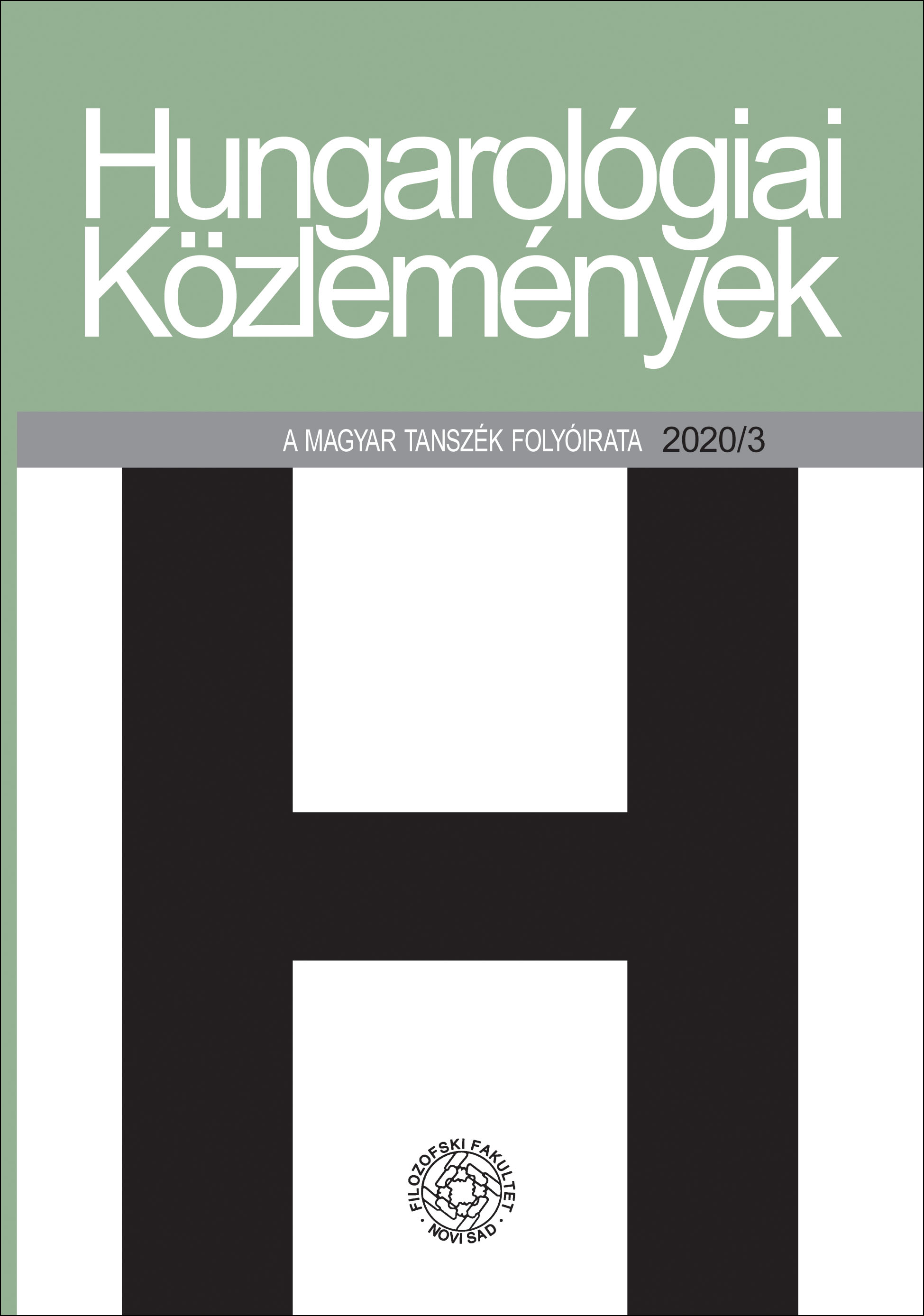Hatalom, nyelv és politikai kommunikáció
Power, language and political communication
Author(s): Izabella TakácsSubject(s): Language studies, Communication studies, Pragmatics
Published by: Филозофски факултет, Универзитет у Новом Саду
Keywords: power; language; political communication; persuasion;manipulation;
Summary/Abstract: The aim of this study is to describe the political function and the power of language. It examines two main areas: the relationship between politics and communication, and propaganda. The terms power, language and politics refer to the discussion of two main areas: propaganda and the connection between politics and communication. The focus is put on the most significant instruments of political communication: persuasion and manipulation. Everyday discourse also aims at influencing the listener, while persuasion and manipulation are also implemented when needed. Persuasion prefers the use of logic and reason, however, it also requires the active involvement of the listener. According to Parret (1994) – whose view is contradicted to Árvai’s belief (2003) which states that manipulation and persuasion are classified in the category of influence – manipulation is a deliberate and conscious act which might include the intent of provocation as well. In order to understand the term propaganda the study describes Chomsky’s and Herman’s propaganda model (1988), and discusses the history of propaganda and political propaganda techniques and effects in great detail. The study also tries to find the answer to the questions of what makes communication political and how political communication can be approached.
Journal: Hungarológiai Közlemények
- Issue Year: 21/2020
- Issue No: 3
- Page Range: 130-147
- Page Count: 18
- Language: Hungarian

